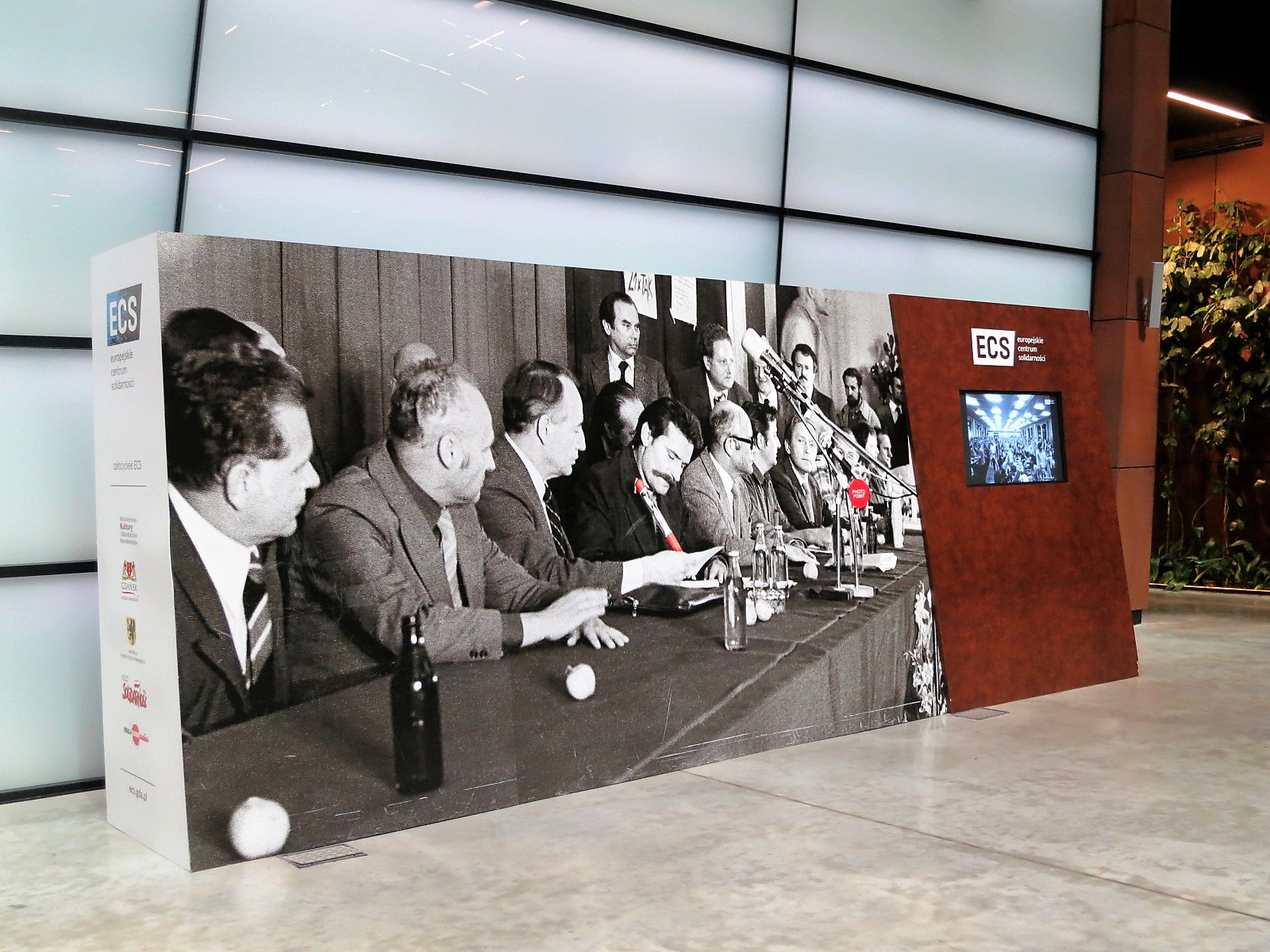Photographs assembled by the European Solidarity Centre (ECS) make one of the biggest thematic collections in Poland. This is quite an achievement for a relatively young institution (ECS has been gathering historic objects since 2008). The still-growing archive resources contain over 63.000 items.
ECS's mission is to preserve the memory of democratic movement and the changes that took place in Northern Poland in the 1970s and 1980s. The photographic collection is a very important part of this narration. It documents various spheres of life: riots, protests, pacifications and persecutions, as well as everyday life scenes, like shopping, working or walking in the streets of Gdansk and Gdynia. Vast thematic scope makes this collection a comprehensive source of knowledge about the Polish reality during the last two decades of socialist regime.
When the collection was started in 2008 the main goal of its creators was to gather the works of local photographers. Very quickly it was realised that the archive will be much more than a documentation of official events. Photographs proved to show many sides of living within the strict frames of the regime. They are a testimony of contestation and counter-culture, as well as a proof of the efforts to live fully in the times of terror and restrictions. Moreover, many of the photographs are of first-class artistic value, such as exquisite portraits, memorable city landscapes and quite abstract, but highly aesthetic pictures. Consequently, the collection not only constitutes a remarkable, first-hand source of knowledge about the most important events at the Polish coast between 1970 and 1989, but also presents numerous works of art.
With the initial purpose to document political events European Solidarity Centre bought some of the pictures from professional photographers. However, with extending its scope of interest and growing reputation of ECS as an established cultural institution, the collection was supported by numerous private owners, who donated their home archives. Although a collection has over 63.000 elements, its operators are still looking for new materials to expend the archive's artistic and informative value.
Gathered photographs are currently used in several ways. Some of the pictures are presented at the permanent exhibition in the ECS's museum of the Solidarity movement – a very popular place with both Polish and international tourists. Part of the digitalised archive is available online for wider public. Not forgetting about the aesthetic quality of the pictures, they also serve as a basis for strictly artistic exhibitions.
The photographic collection of European Solidarity Centre serves the educational and informative purpose, being used as a memory medium and serving as a source of knowledge about late socialist reality (for researchers, film-makers, designers, writers, journalists, etc.).

